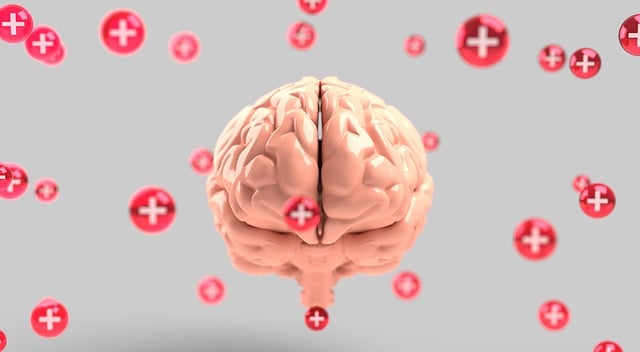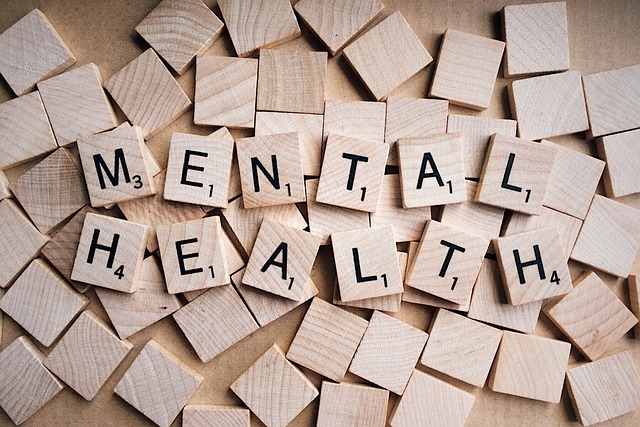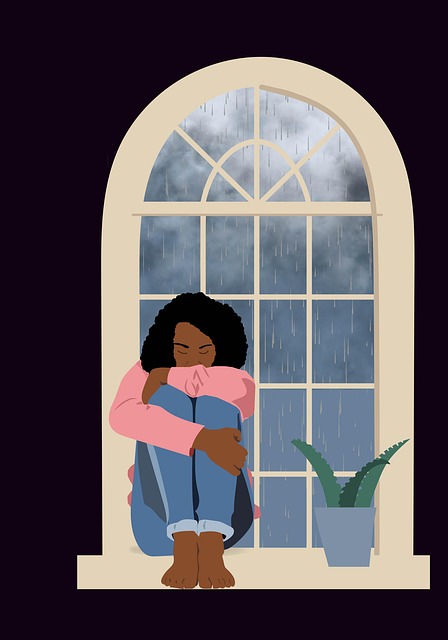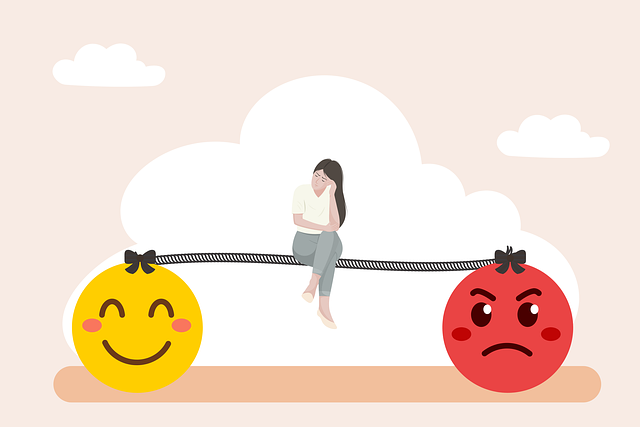Boulder Exposure and Response Prevention (BE RTP) Therapy is an effective treatment for overcoming fears and anxieties by gradually exposing individuals to distressing stimuli, reducing avoidance behaviors, and rewiring the brain over time. Combining BE RTP with mindfulness meditation and positive thinking enhances emotional healing and overall well-being. Integrating structured techniques like BERP into daily life builds resilience, promotes calmness, and improves mental health, leading to increased life satisfaction.
Coping skills development is a vital aspect of mental wellness, enabling individuals to navigate life’s challenges with resilience. This article explores effective strategies for enhancing coping abilities, focusing on the power of Boulder Exposure and Response Prevention Therapy (BE RTP). We’ll guide you through understanding BE RTP, identifying personal coping skills, and integrating these mechanisms into daily routines. By adopting these practices, individuals can build a robust toolkit to manage stress, anxiety, and difficult emotions.
- Understanding Boulder Exposure and Response Prevention Therapy (BE RTP)
- Identifying Personal Coping Skills and Strategies
- Practicing and Integrating Effective Coping Mechanisms into Daily Life
Understanding Boulder Exposure and Response Prevention Therapy (BE RTP)

Boulder Exposure and Response Prevention (BE RTP) Therapy is a highly effective form of treatment that focuses on helping individuals confront and manage their fears and anxieties in a structured, gradual manner. This therapy builds upon traditional exposure therapy by integrating response prevention techniques, aiming to enhance mental health awareness and promote lasting behavioral changes. Through BE RTP, clients are guided to face situations or objects that provoke distressing responses, while learning to prevent or reduce those habitual avoidance behaviors.
The process involves carefully crafting a hierarchy of feared stimuli, starting with less anxiety-provoking items and gradually moving towards more challenging ones. As individuals successfully expose themselves to these triggers without engaging in avoidance or safety behaviors, their brains rewire, reducing the power of fears over time. This approach fosters resilience building by teaching individuals new coping skills, helping them to develop a stronger sense of control over their emotional responses and ultimately improving their mental wellness.
Identifying Personal Coping Skills and Strategies

Identifying your personal coping skills is a crucial step in navigating life’s challenges. This process involves understanding your unique responses to stress, anxiety, or difficult emotions. Everyone has different strategies that work best for them; some might find solace in physical activity like going for a hike in nature, while others may turn to creative outlets like painting or writing. In the context of therapy, techniques such as exposure and response prevention (ERP) play a significant role in helping individuals confront their fears and manage anxiety effectively.
Boulder Exposure and Response Prevention Therapy is an evidence-based approach that encourages clients to gradually face situations that provoke anxiety, thus desensitizing them over time. By combining this therapy with practices like mindfulness meditation and positive thinking, individuals can develop a robust toolkit for emotional healing processes. These coping skills not only empower people to manage their mental health but also enhance their overall well-being and resilience.
Practicing and Integrating Effective Coping Mechanisms into Daily Life

Integrating effective coping mechanisms into daily life is a crucial step in enhancing one’s resilience and overall well-being. This process involves practicing various stress reduction methods, such as mindfulness meditation and deep breathing exercises, which have been proven to mitigate anxiety and promote calmness. By incorporating these practices into routines, individuals can develop inner strength and better manage challenging situations.
Boulder Exposure and Response Prevention Therapy (BERP) offers a structured approach to coping skill development. Through gradual exposure to stressors and learning to respond differently, individuals can break free from unhelpful habits and gain new perspectives. This therapy empowers folks to confront their fears and replace anxiety-provoking thoughts with more adaptive coping strategies, thereby fostering improved mental health and enhanced life satisfaction.
Boulder Exposure and Response Prevention (BE RTP) therapy offers a powerful framework for developing coping skills. By understanding and practicing this approach, individuals can effectively manage anxiety and stressful situations. Identifying personal coping strategies, integrating them into daily life, and consistently practicing them, empowers people to face challenges head-on. BE RTP, with its focus on exposure and prevention of stress responses, is a valuable tool for enhancing resilience and overall well-being.












